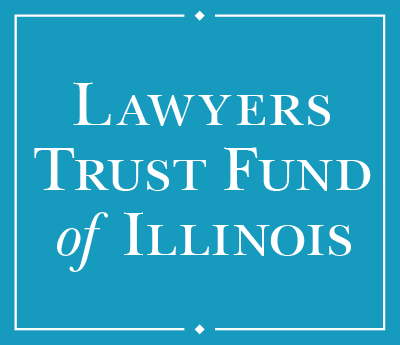As of July 1, 2023, Illinois Rule of Professional Conduct 1.15B contains the core requirements related to IOLTA in Illinois. However, this rule should be read in conjunction with Rule 1.15 (which states lawyers’ general duties regarding safekeeping of property and client trust accounts); Rule 1.15A (regarding trust account recordkeeping); and Rule 1.15C (which contains definitions used in Rules 1.15, 1.15A, and 1.15B).
